|
Hello everyone. I’m back in the blogosphere again. Six months is a long time. I will get back to regular blogging again. Some of my favourite historical fiction writers include Pamela Rushby and Alison Lloyd. As for picture books, I’ve read a lot of biographies lately. One of my writing friends Yvonne Mes has a picture book biography on Sidney Nolan coming out in the Meet series by Random House later this year. These are some of activities I’ve been doing to research for a Junior Fiction novel I’m writing on the Emu War and a picture book on a child living through WWI, called Paddy Vidgen who was the mascot for his brother’s army battalion. Primary Research Go on an excursion For my emu project, I visited an emu farm only 10 minutes down the road from where I live. I got to walk through their pens, watch these unique creatures and learn a stack about them from a very passionate emu farmer. Interview your subject Unfortunately, the emus weren’t very chatty. But my WWI subject was. My State Library interviewed people in Brisbane who grew up during WWI and recorded their experiences. I went to the John Oxley Library at the State Library of Queensland to hear Paddy recollect what it was like growing up in the war era. I even got to use a tape player. The wonderful librarians arranged everything so it would all be there for the day I visited. Read entries from your subject's journal or personal letters they wrote. Watch videos on your subject being interviewed. Interview someone connected to your subject Paddy, sadly has passed away. I have been in email contact with Paddy’s family to ask questions about his life. This is a rare and wonderful experience if someone is willing to let you in and share information about your subject. You glean a personal aspect of your subject’s life and this helps bring them to life for you. Go to an exhibition While at the State Library I dropped in to see the WWI exhibition, Distant Lines. Low and behold, there was a photograph of Paddy Vidgen on a wall in the exhibit. (The below photo is not Paddy Vidgen). I learned many interesting pieces of information about WWI and was moved by the personal accounts of people who lived and served during the war. Secondary Research The internet Wow, the internet has journals to read, videos to watch, images to see and lots of information on websites. You can find out almost anything. People who are passionate about a subject have put up a lot of information for you. Of course, take the information you find with a grain of salt and check its validity and the source who is providing it. Otherwise, have fun seeing what comes up in your search engine results and wading through the information. Save details of your research later so you can always refer back to the website links. Visit your library website The State Library of Queensland and TROVE have an incredible amount of information digitised. I have been able to find old newspaper articles and photographs from both the Emu War and on Paddy Vidgen. Also search your library's catalogue and order books so they are ready to pick up when you next drop in. Visit your library Contact your librarians. They are very helpful people. Librarians at the State Library sent me a very personal email answering my many research questions with links to the relevant information. If you speak to them, they will help you find what you need while you are there too. Library’s often have historical archives. During my time in the John Oxley Library I read two books on the history of two WWI army battalions from Brisbane. Sometimes they allow you to photocopy pages from these precious books. Read I have read many books on these topic areas. I have also read books by other authors who have written similar books to my stories. Soak up what you can and learn from others. History is full of interesting figures waiting to have their story told. I hope these tips help you enjoy the research. Go on, get caught up history.
7 Comments
|
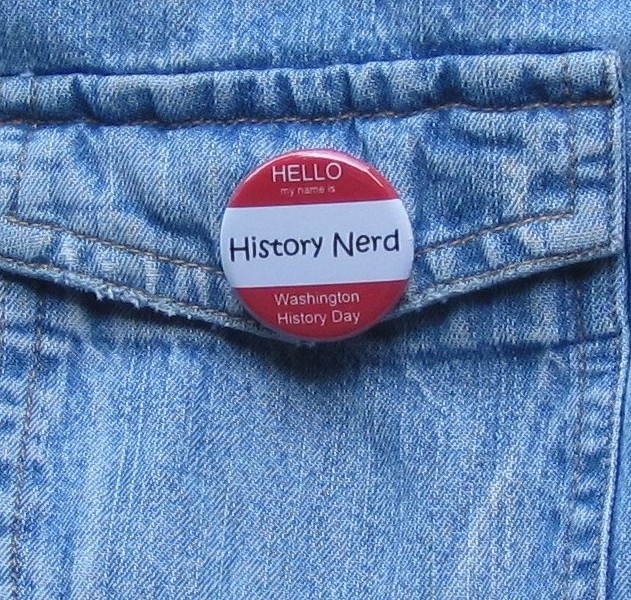
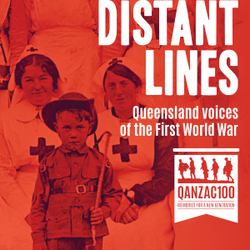
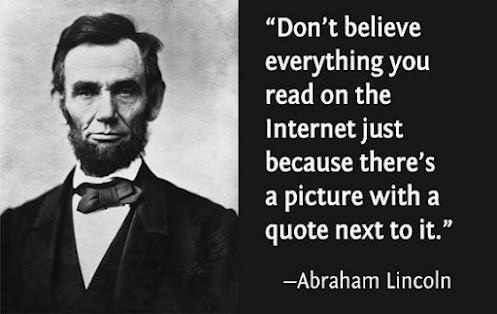
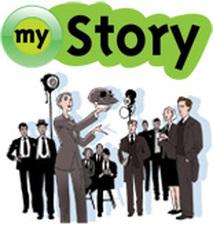
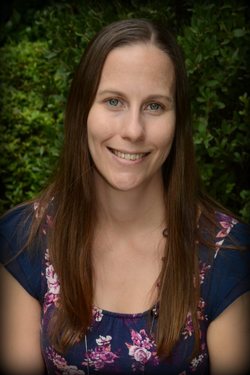
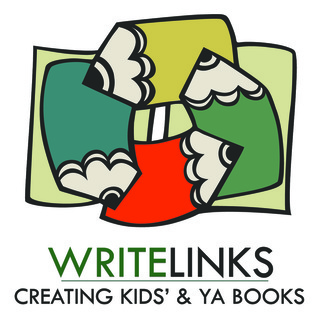
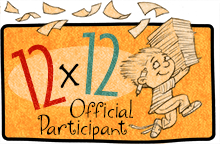
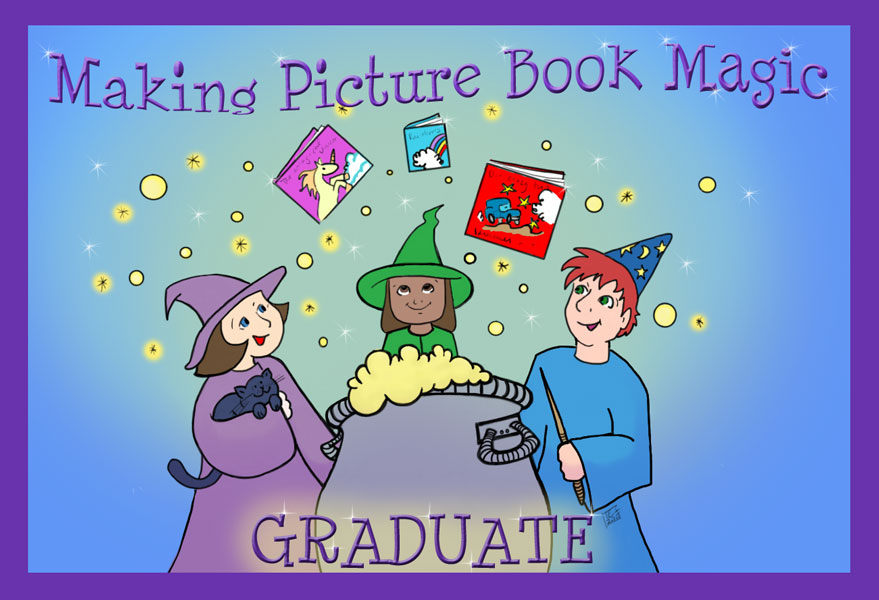
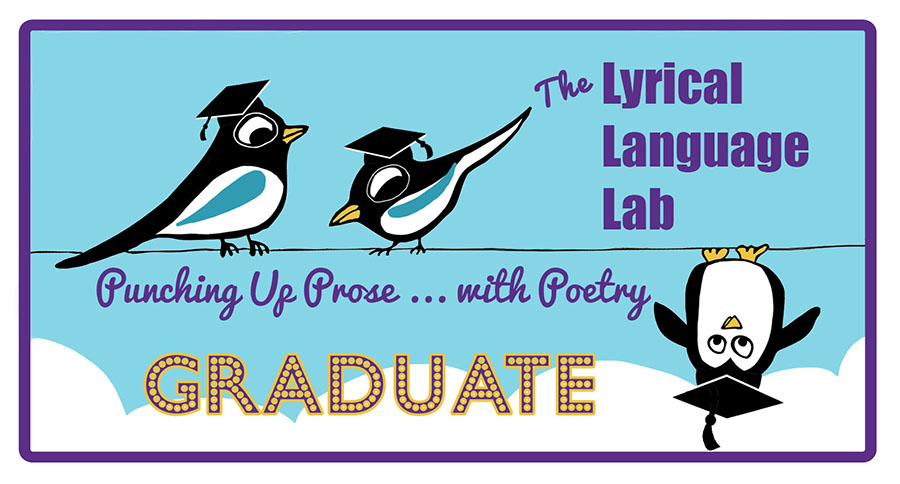
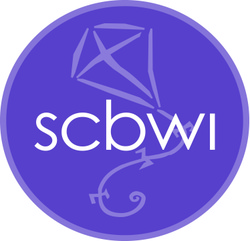
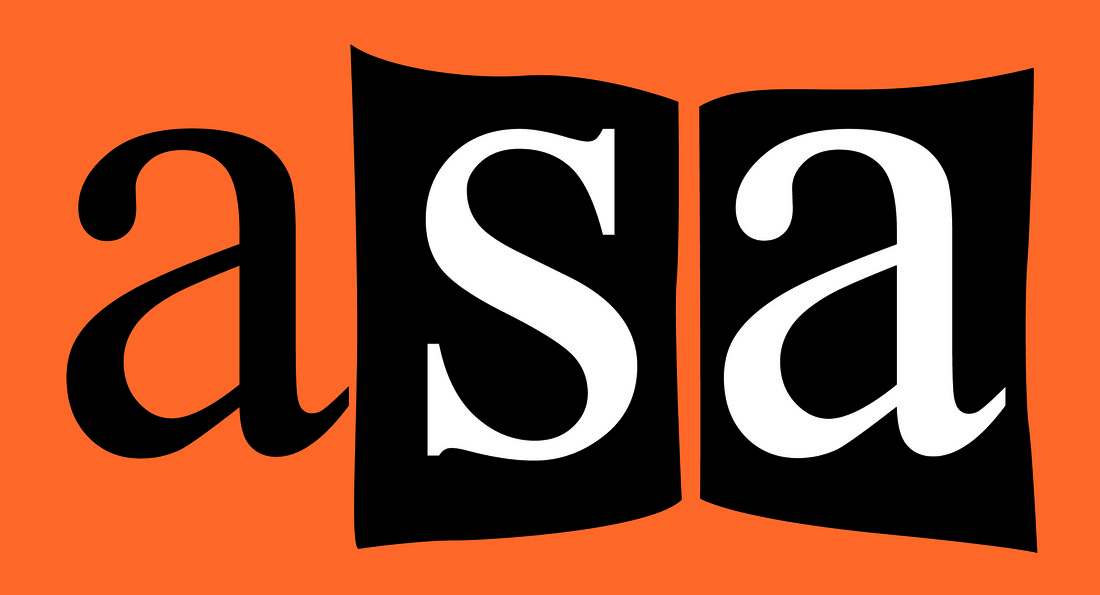
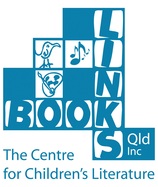
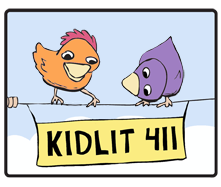
 RSS Feed
RSS Feed
